Israel hits Beirut on second day of airstrikes in Lebanon as death toll reaches 558
Israel targets a Hezbollah commander in Beirut, sources say
Reuters
News Agency Partner
Reuters is a leading source of news and information, delivering fact-based reporting and expert analysis on international events and trends.
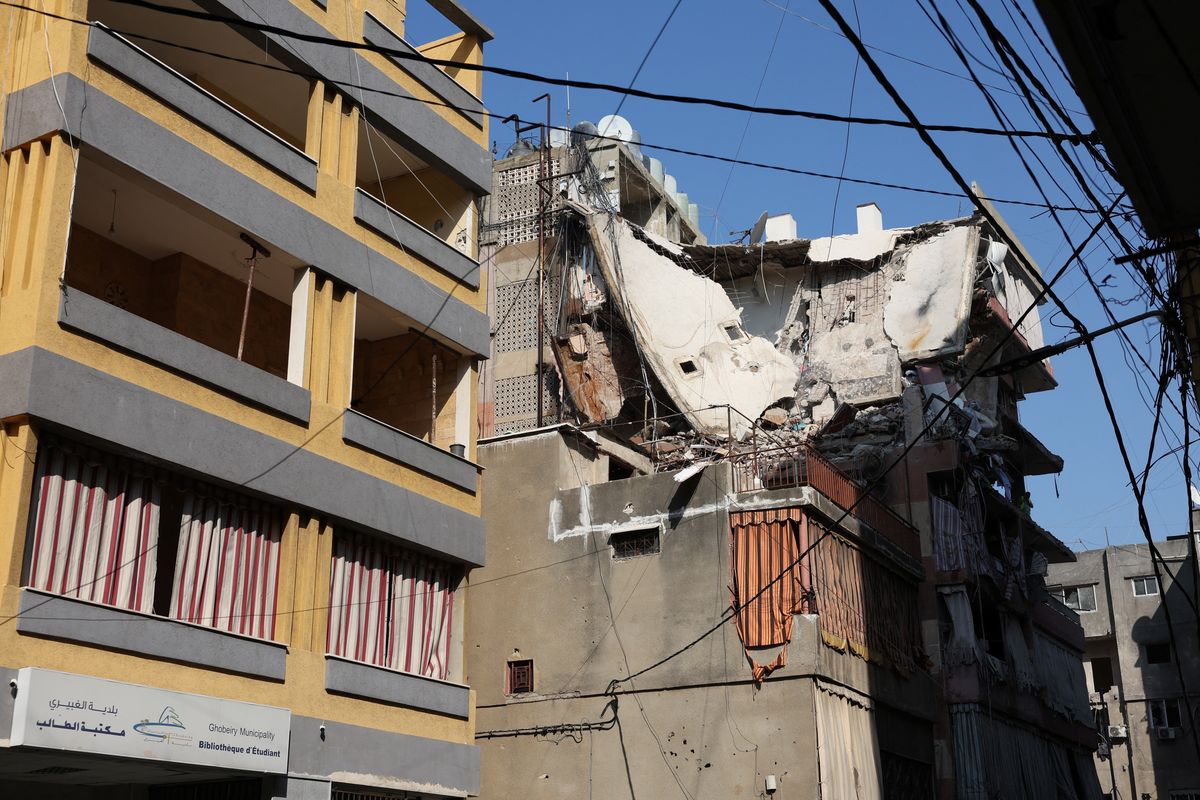
A view shows the damage at the site of an Israeli strike in Beirut's southern suburbs, Lebanon September 24, 2024.
Reuters
Dead include 50 children and 94 women, with 1,835 wounded.
Top leaders say Middle East risks being dragged into bigger war.
The death toll from the Israeli strikes on Lebanon since Monday reached 558, including 50 children and 94 women, with 1,835 wounded, Health Minister Firass Abiad said on Tuesday.
On Tuesday, sn Israeli airstrike targeted a Hezbollah commander in the southern suburbs of Beirut, two security sources in Lebanon said. The sources declined to identify who had been targeted in the strike and said his fate was unknown.
The Israeli military said it had carried out a targeted strike in Beirut, giving no details.
The airstrike hit a building in the usually busy Ghobeiry neighbourhood. One of the security sources shared a photo showing damage to the top floor of the five-storey building.
After some of the heaviest cross-border exchanges of fire since hostilities flared in October, Israel warned people in Lebanon to evacuate areas where it said Hezbollah was storing weapons.
Israeli Prime Minister Benjamin Netanyahu sent a short video statement addressed to the Lebanese people.
"Israel's war is not with you, it's with Hezbollah. For too long Hezbollah has been using you as human shields," he said.
The United Nations Human Rights office commented that sending warning messages did not make it okay to strike civilians.

Distressed families leave
Families from south Lebanon loaded cars, vans and trucks with belongings and people, sometimes multiple generations in one vehicle. As bombs rained down, children crammed onto parents' laps and suitcases were tied to car roofs.
Highways north were gridlocked. "I grabbed all the important papers and we got out. Strikes all around us. It was terrifying," said Abed Afou, who was with his family, including three sons aged 6 to 13 and several other relatives. They sat in traffic as it crawled north.
They did not know where they would stay, he said, but just wanted to reach Beirut.
Nasser Yassin, the Lebanese minister coordinating the crisis response, told Reuters 89 temporary shelters in schools and other facilities had been activated, with capacity for more than 26,000 people as civilians fled "Israeli atrocities".
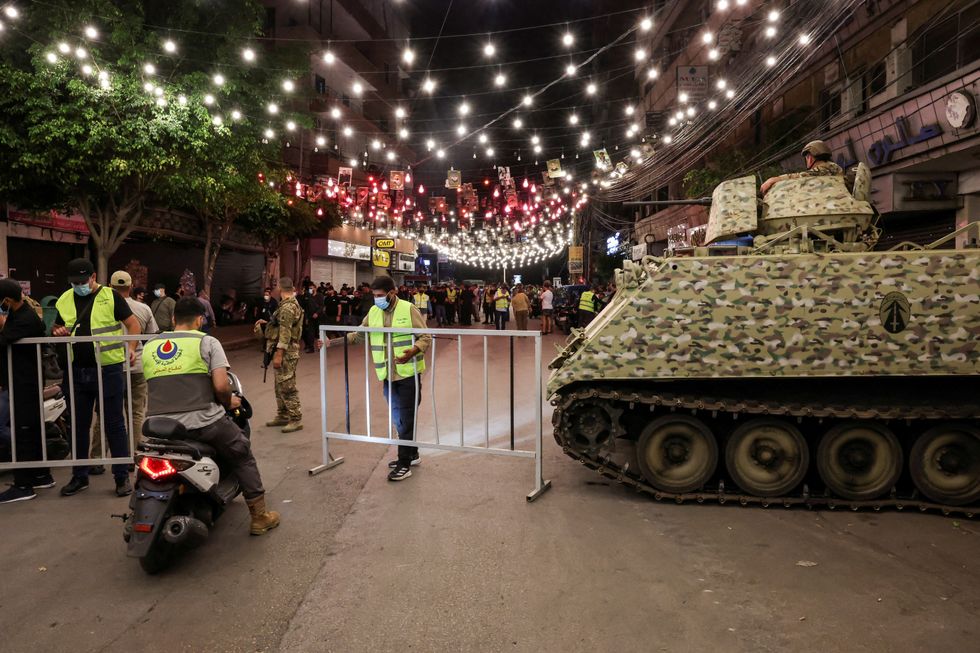
War spillover
After almost a year of war against Hamas in Gaza on its southern border, Israel is shifting its focus to the northern frontier, where Iran-backed Hezbollah has been firing rockets into Israel in support of Hamas, also backed by Iran.
Israel's military said it struck Hezbollah in Lebanon's south, east and north, including "launchers, command posts and terrorist infrastructure." The Israeli Air Force struck about 1,600 Hezbollah targets in southern Lebanon and the Bekaa Valley, it said.
Lebanon's health ministry said at least 492 people had been killed, including 35 children, and 1,645 wounded. One Lebanese official said it was Lebanon's highest daily death toll from violence since the 1975-1990 civil war.
The fighting has raised fears that the US, Israel's close ally, and Iran will be sucked into a wider war.
Saudi Arabia expressed deep concern on Monday and urged all parties to exercise restraint, state news agency SPA reported.
The Kremlin warned on Tuesday that Israeli strikes on Lebanon had the potential to destabilise the Middle East and said it was very concerned by the evolving situation.
A spokesperson for U.N. High Commissioner Volker Türk called "on all States and actors with influence in the region and beyond to avert further escalation and do everything they can to ensure full respect for international law."
At the same press briefing in Geneva, a WHO official in Lebanon Abdinasir Abubakar said that some hospitals in Lebanon were overwhelmed by the thousands of wounded people arriving, many with injuries to their eyes and faces.
Biden administration focused on reducing tensions: source
A senior U.S. State Department official said the United States did not support a cross-border escalation between Israel and Hezbollah and that Washington was going to discuss "concrete ideas" with allies and partners to prevent the war from broadening.
Israeli officials have said the recent uptick in airstrikes on Hezbollah targets in Lebanon is designed to force the Iran-aligned group to agree to a diplomatic solution.
The U.S. official, briefing reporters in New York on condition of anonymity, pushed back on the Israeli position, saying the Biden administration was focused on "reducing tensions ... and breaking the cycle of strike-counterstrike."
Also in New York, Iranian President Masoud Pezeshkian said Israel wanted to drag the Middle East into a full-blown war by provoking Iran to join the Israel-Hezbollah conflict.
"It is Israel that seeks to create this all-out conflict," he told journalists after his arrival to attend the UN General Assembly, saying the consequences of such instability would be irreversible.
The strikes have redoubled the pressure on Hezbollah, which last week suffered heavy losses when thousands of pagers and walkie-talkies used by its members exploded. The operation was widely attributed to Israel, which has not confirmed nor denied responsibility.
The foreign ministers of the Group of Seven major democracies warned that the Middle East risked being dragged into a broader conflict that no country would gain from, according to a statement released after meeting on the sidelines of the UN General Assembly.


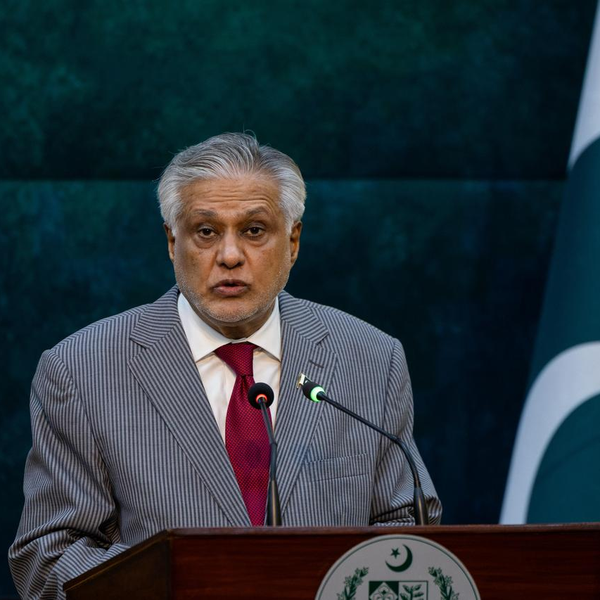
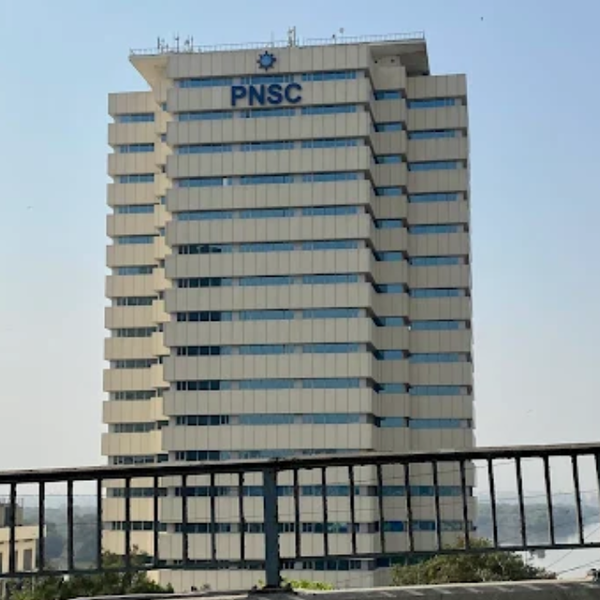

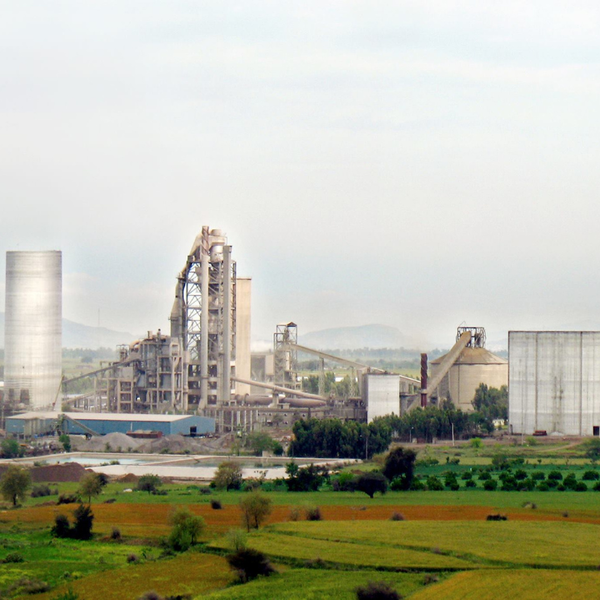

Comments
See what people are discussing